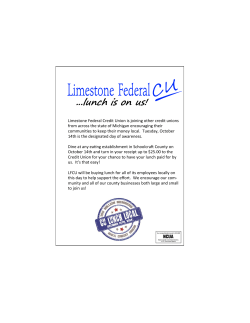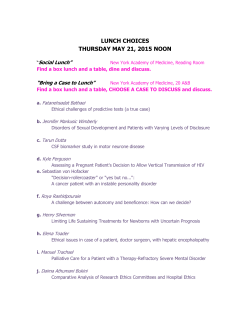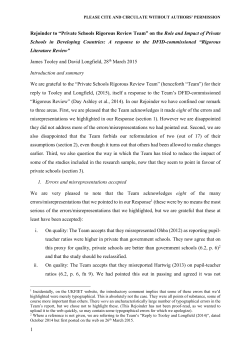
Hi. I`m Phil from LifeCorp, the home of street-smart
Phil: Hi. I'm Phil from LifeCorp, the home of street-smart property investors. When it comes to being a property investor in the Australian property market today, it's affordability that I'm looking for, first and foremost. There's actually four key indicators for me that prove affordability in any market around Australia. Today I want to show you those four key elements. One of the first things I would check out when it comes to the affordability of property in any given market is I'd look at the history of sales in that market first because I want to know, first and foremost, "How much am I going to have to spend on a property? What's the price point going to be very likely to be in this market?" If you're going to buy in a market, the first thing I would always suggest you do is check out what's proven to be the most liquid price point. In many of the charts that you'll be able to see online, on websites like realestate.com and so forth, that will show you the history of sales for that local market, you'll see that most properties will be selling in certain price points. This stand-out, as far as a price point, may be at 350,000, maybe 300$350,000 price point, showing that that's the most liquid price point in that market, and we want the most liquid. We want to make sure we're buying a property that's basically going to be the easiest to sell, the most sell-able, the most liquid, and we want to stay there or as close as possible to there. We may be at the top edge of that because there may be a lot of old-stock in the town. It might be a historical town that's starting to change or an ugly ducking suburb that's been re-developed and so forth. We want to stay as close as possible to this price point as we possibly can. The second thing that I would suggest that you do is look into the yield. So at that price point, what's it likely to rent for? Then, we'll be able to determine what's the rental yield look like. Once we know what the yield looks like, we'll be able to start working at our lunch money experience. I would suggest that you're looking somewhere around 4.5% or better, and most cases these days, I'm looking for 5% yield or better. First of all, figure out your price point. Always buy where it's most liquid, where it's the biggest volume of sales. Then determine yield. The third thing that I would suggest that you be very careful of is Body Corporate Fees. I steer clear of units a lot because I really worry about over supply, that's one of the biggest reasons I steer clear of units. I also look to make sure that there's not just exorbitant Body Corporate Fees that make it very, very hard to be able to have great holding costs and really do effective affordability. For me, I tend to stay away, like I said, from units that have lifts and mechanical ventilations and high Body Corporate Fees of all different sorts. So, I would look into the Body Corporate Fees. A big one that most people do miss is the last one, which is actually the depreciation schedule. A lot of that don't understand, they don't understand how negative gearing works. Negative gearing can be an incredibly negative experience if you don't get this right. When you understand the benefits of negative gearing, and on this particular price point, let's say around $350,000, an older property may have zero depreciation benefit and a new property might have 10-$11,000 a year of cash deductions, not physical costs out of your pocket, cash deductions that you can actually claim to the tax man to get tax back in your pay; not at the end of the year, but each week in your pay. When you put these four elements together, low Body Corporate Fees, great depreciation, strong yields, and the appropriate price point that you're buying at the most liquid part of that market, that should help you determine whether your property is going to be affordable. Remember guys, at the end of the day, all these elements need to come together, and the experience need to be a lunch money experience because if you can't buy a property with your lunch money, I keep saying, if you can't buy it for less than 20 bucks a week, if you can't have very low holding costs, including rates, insurances, every possible cost on this property should still be at lunch money or less. If you can't buy a property with your lunch money, please, guys, don't buy it.
© Copyright 2025





















